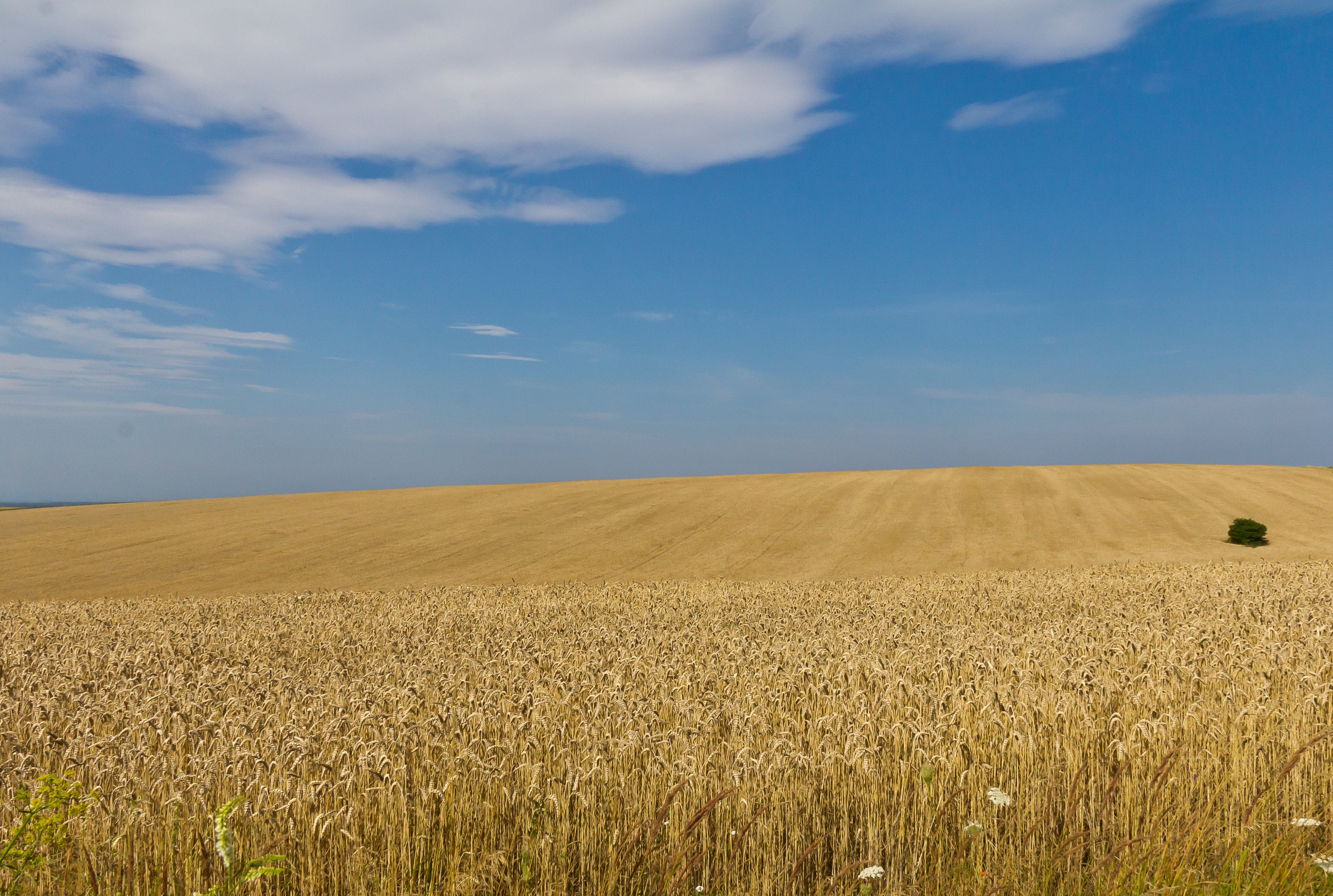
The Russian blockade around Ukraine has continued to prevent the country from exporting its largest good: grain.
Since Moscow invaded its neighboring country 110 days ago, Russia has blocked Ukraine merchant ships from accessing the Black Sea, which is necessary for Kyiv to export grain to other countries that are mostly in Africa and the Middle East.
The Russian Navy has largely stayed away from the coast of Ukraine since the April sinking of one of its ships, RTS Moskva (121), a senior defense official told reporters on Thursday. Still, Russia continues to have a strong naval presence, with its blockade in the Black Sea near the port of Odesa, which justifies the Ukrainians’ need for coastal defense equipment, the official said.
“The Russians have proven that they can blockade major ports, Ukrainian ports on the Black Sea, and not have their ships close to those ports,” the defense official said.
Russia may start to use its foothold on Snake Island, off the coast of Western Ukraine, to direct naval activity, the official said, adding that Snake Island can be a strategic advantage for maintaining naval superiority and the blockade in the Black Sea.
Russia’s military is reinforcing its hold on Snake Island through naval and air activity, the senior defense official said.

Ukraine is the largest exporter of sunflower oil, the fifth largest exporter of wheat and the fourth largest exporter of corn, according to The Washington Post. Ukraine makes up 10 percent of the world’s grain exports, USNI News previously reported.
A potential food crisis stemming from the lack of Ukrainian grain is only exacerbated by the problems with Russian grain exports due to sanctions and insurance costs for merchants, USNI News reported.
Army Gen. Christopher Cavoli, who appeared before the Senate Armed Services Committee Thursday for his confirmation hearing to be the new head of U.S. European Command and Supreme Allied Commander Europe, told the senators that there are groups, like ISIS and Boko Haram, that can use food shortages to their advantage.
European countries have made efforts to ease the grain export problem, Cavoli told the senators. Germany is using a “Berlin train lift” to its ports, while Poland opened its borders to grain transshipments to countries directly affected by the Russian-Ukrainian war.
Romania, which has a port on the Black Sea, started using it to ship foodstuffs to African countries, Cavoli said.





